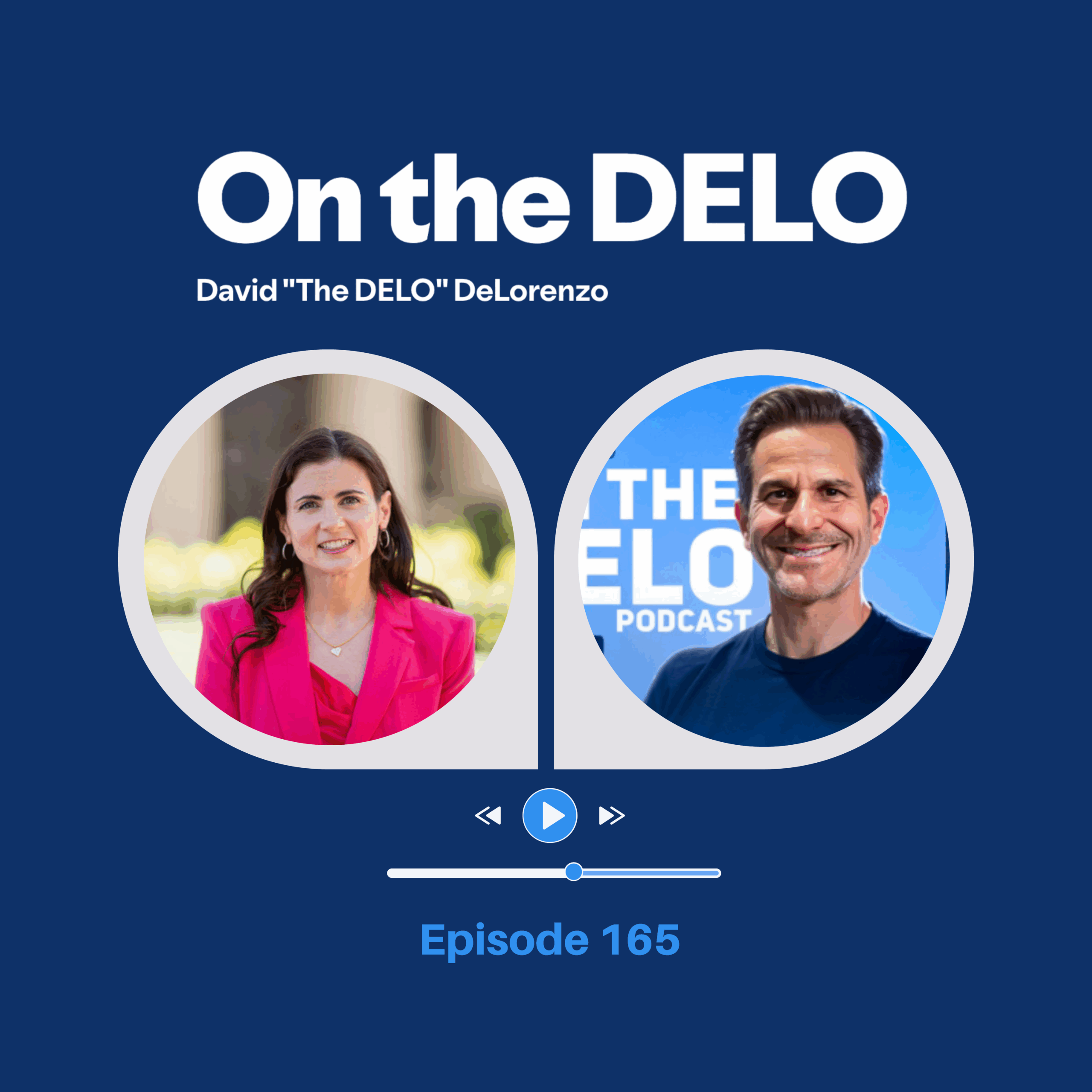

Hi, this is Dr. Emily Parke with your next Functional Health Minute. I’d like to take a few minutes to talk about hormone evaluation and the many different ways that you can do it. So of course you can look at hormones in blood, we all know that. It’s interesting though, because there are certain hormones that are not as, let’s say accurate, or they’re hard to track no matter what testing method you look at. Progesterone’s actually one of them. Now, you can get a good idea of kind of a trend and what’s going on with a blood test looking at progesterone, but there were some studies done that kind of show that progesterone levels fluctuate quite a bit throughout the day so it is a hard one to pin down. And that’s not just with blood, that’s also with urine, saliva, with any method to test it.
Then of course, the estrogens and testosterones, those are really reliable in blood work. They’re also really reliable in urine testing. So I really like to use something called the DUTCH test, which stands for Dried Urine Testing of Comprehensive Hormones, because that gives me the biggest, fullest picture of what’s going on, not just with hormone levels, but how are they being metabolized? What is the body doing with them? How are they being processed?
DUTCH Test
So some of the really great information that I like to get from the DUTCH test is related to the different types of estrogen, the levels, and again, how they’re being metabolized. So I get not just an estrogen level, let’s say, there’s three different main estrogens. You get estrone, which is E1, estradiol, which is E2, and estriol, which is E3. And you get to see the levels of all of them.
And then also, how are they being metabolized? So there’s three main metabolites that we look at. One is called 2-hydroxyestrogen, the other is 4-hydroxyestrogen, and the last one is 16-hydroxyestrogen. Now, typically you would think of the 2-hydroxyestrogen as the, quote, good kind of estrogen, the 4-hydroxy as the bad type, as in the type that can cause oxidative stress and DNA damage, and the 16-hydroxy used to be considered a super bad guy, but the jury’s still kind of out on that one. There’s some data to say it might not be as bad as previously described. Then you can look at how estrogens are being detoxified. So on the DUTCH panel, it can look at things like how estrogens are methylated, for example, which is huge.
The DUTCH test for male hormones, looking at testosterone, is also really helpful because it can tell me which pathway are they going down? Are they going down more of a 5-alpha or 5-beta pathway? So how is testosterone being metabolized? And I can also look at all the adrenal hormones too. I can get all the metabolites of not just DHEA and DHEAS, but also of cortisol. So things like cortisone and the free cortisol and an estimate of your 24 hour free cortisol, which can all be really, really helpful when you’re trying to figure out what’s going on with hormone balance.
Organic Acids
And the DUTCH test also has some really cool bonuses in there too. They look at a few different organic acids. So you get kind of estimates of metabolites, of certain vitamins, and you also get one really cool marker that I love. You get something called 8-0HdG which is a kind of marker for DNA damage and oxidative stress. So if that is high, then something really bad is going on in the body. For example, a super inflammatory condition, a very proliferative condition like cancer, but it doesn’t have to be cancer. It can be something non-cancerous also. And then the DUTCH test also gives me a waking melatonin level. Obviously melatonin is the hormone that’s supposed to be the highest before you go to bed and helps you fall asleep.
There are so many different ways to evaluate hormone metabolism. Blood work can be helpful. I do like to use blood work and the DUTCH test in combination to get the most amount of information to help me really best formulate a plan. This is Dr. Emily Parke with your Functional Health Minute.
Share:
Dr. Emily Parke
Social Media
Most Popular Posts
Subscribe To Our Newsletter
Related Posts

New Podcast Episode: My journey into functional medicine + what I’ve learned
I’m excited to share that I recently joined DeLo for Episode 165 of the On the DeLo podcast! In this conversation, we explored my journey

Understanding the Essential Labs for Women on Hormone Replacement Therapy (HRT)
So what are the minimum labs we’re looking at when we do hormone replacement therapy? We obviously want to look at an estrogen level, so

How to figure out the right amount of HRT in women
What about checking lab values when you’re on hormone replacement therapy? I do find it to be helpful, but we also want to consider symptoms.

Did you know there’s a difference between food allergies, sensitivities, and intolerances?
Did you know that there’s a difference between food allergies, food sensitivities and food intolerances? Food allergies, the reactions tend to happen pretty immediately and
